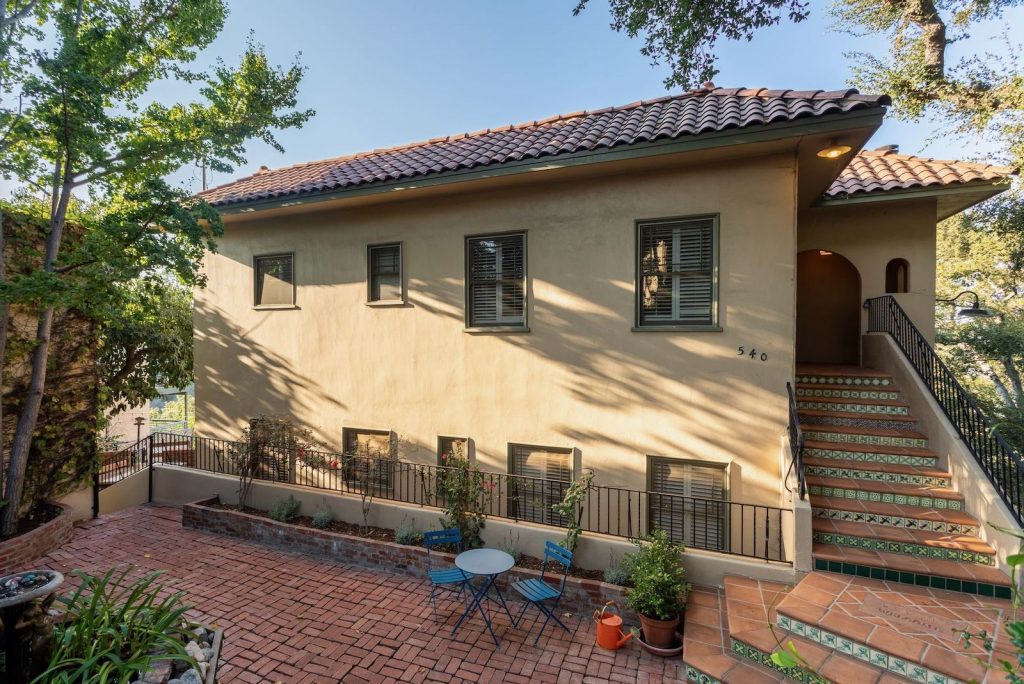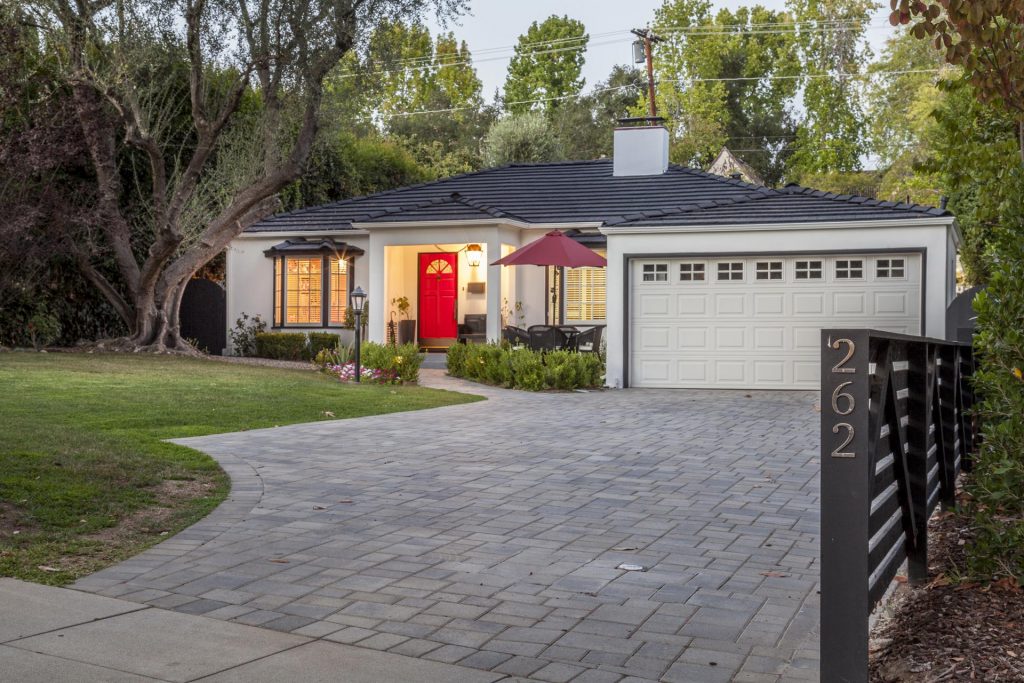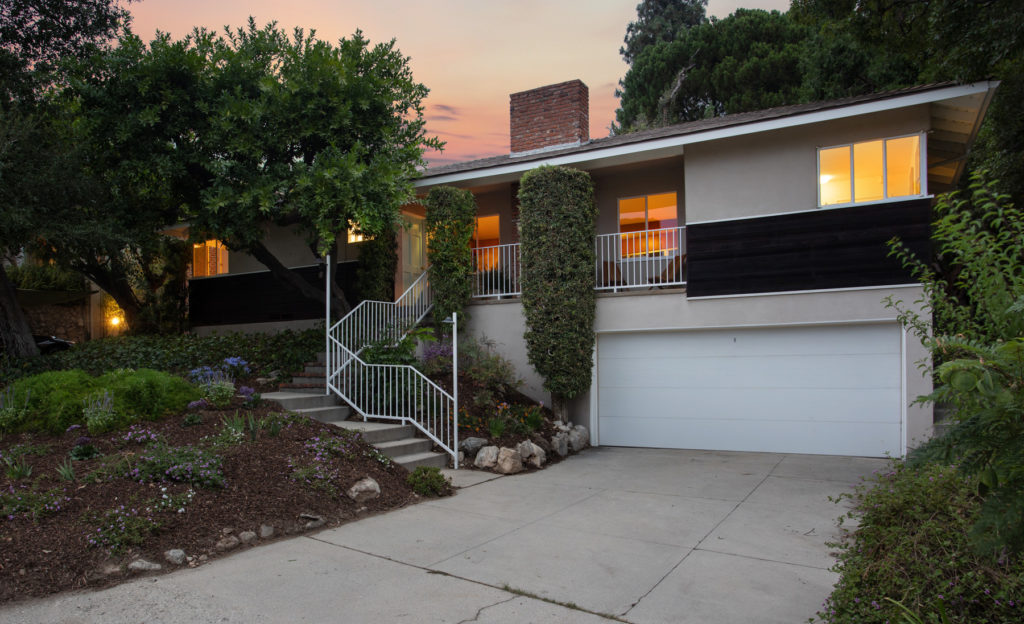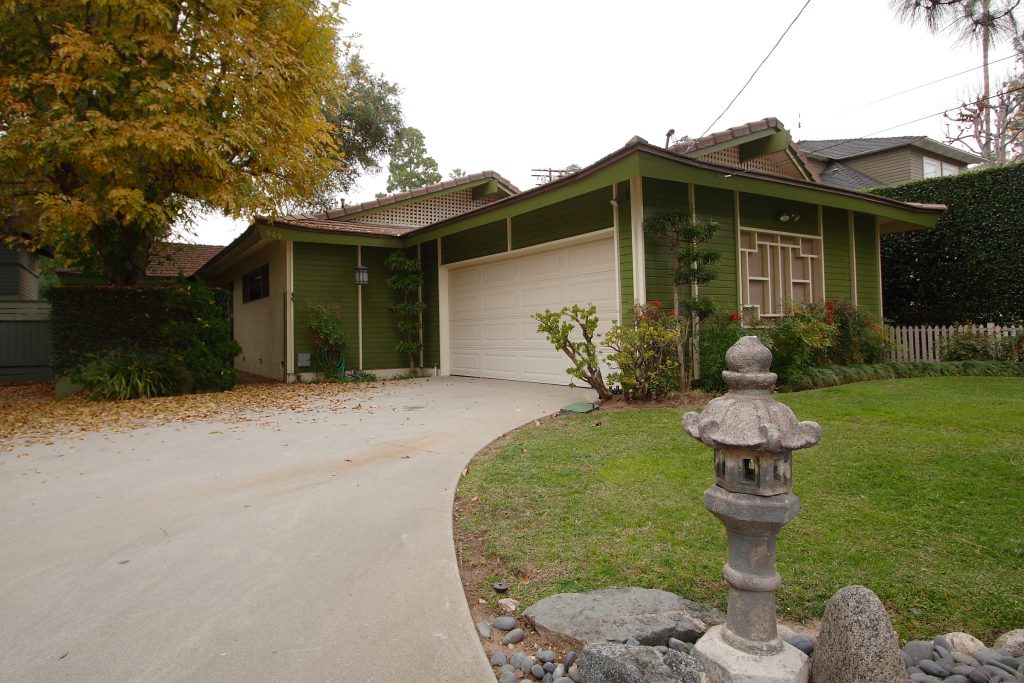Coldwell Banker
388 S. Lake Avenue,
Pasadena, CA 91101
office: 626.797.6500
Email: [email protected]
Deeds-in-lieu Gain Favor With Lenders As Alternative To Foreclosure
Short sales have been the hot solution for financially stressed homeowners and their lenders for the last year, but here’s another potent foreclosure alternative that’s about to take center stage: deeds-in-lieu.
Some of the largest mortgage servicers and lenders in the country are gearing up campaigns to reach out to borrowers who owe more on their mortgages than their homes are worth with cash incentives that sometimes range into five figures, plus a simple message: Let’s bypass all the time-consuming hassles of short sales and foreclosures. Just deed us the title to your underwater home and we’ll call it a deal. We won’t come after you to collect any deficiency between what you owe us on the mortgage and what we obtain from the home sale. We might even be able to wrap up the whole transaction in as little as 30 to 45 days. How about it?
Mortgage companies say troubled borrowers increasingly are signing up. One of the largest servicers, Bank of America, has mailed out 100,000 deed-in-lieu solicitations to customers in the last 60 days, and its volume of completed transactions is breaking company records, according to officials.
What precisely are deeds-in-lieu? The full name is deeds-in-lieu-of-foreclosure. They are voluntary transfers of property ownership from borrowers to creditors that make court-directed foreclosures unnecessary.
The concept is one of the oldest in real estate, but it got a boost this year when the Obama administration included it as an option in its Home Affordable Foreclosure Alternatives program, and mortgage giant Fannie Mae cut the penalty-box time for homeowners who use the technique from four years to two before they can qualify for another home mortgage.
Deeds-in-lieu also are surging because they provide a win-win for borrowers and mortgage investors that short sales often cannot match. Tops on the list: speed. Travis Hamel Olsen, chief operating officer of Loan Resolution Corp., a Scottsdale, Ariz., firm that works with lenders to solve troubled borrowers’ problems, said deeds-in-lieu represented “a very expeditious way to move on” for underwater borrowers who are facing potential foreclosure.
“A lot of owners just want to be finished with it, now,” he said. “They don’t want to deal with [the house] anymore.”
They don’t want to deal with real estate agents or signs on the front lawn that reveal their financial squeeze to neighbors. They don’t want to haggle with potential buyers coming in with low-ball prices. But they also don’t want to simply walk away because that will affect their credit files and scores for as long as seven years.
A key motivation for lenders is that they are stuck with massive backlogs of underwater homes that haven’t yet gone through foreclosure and been put on the market — the so-called shadow inventory, said Greg Hebner, president of MOS Group Inc. of San Diego, which works with banks and investors across the country to resolve defaulting borrowers’ situations.
Not only is it cheaper for lenders to do deeds-in-lieu to gain control of those properties, but with current mortgage rates below 5%, they’re likely to be able to resell the properties faster and on potentially more favorable terms in the summer and fall.
“If you can get a lot of inventory moving in the next couple of months” of prime home-buying season, Hebner said, “you are solving a lot of problems.”
Matt Vernon, Bank of America’s top short sale and deed-in-lieu executive, said the technique worked so well for both borrowers and mortgage owners that his company was running pilot programs in major housing markets to alert borrowers who might benefit but are not familiar with deeds-in-lieu.
To sweeten the pot, Bank of America is offering cash incentives that range from $3,000 to $15,000 — and is getting a strong response, Vernon said.
What are the downsides or limitations of deeds-in-lieu for homeowners? Probably the most important, experts said, is that they don’t work for every situation involving serious mortgage default. For example, if you have equity in the property, you’ll probably want to pursue a loan modification first, rather than hand over your equity stake to the lender.
Deeds-in-lieu usually don’t work when there are multiple mortgages from different creditors encumbering the property. Also, though deeds-in-lieu do less damage to borrowers’ credit histories than foreclosures or bankruptcies, they definitely leave a mark. Fair Isaac, developer of the widely used FICO credit score, says on its MyFico website that deeds-in-lieu and short sales are both treated as “not paid as agreed” accounts, and are treated the same by the FICO scoring model.















































